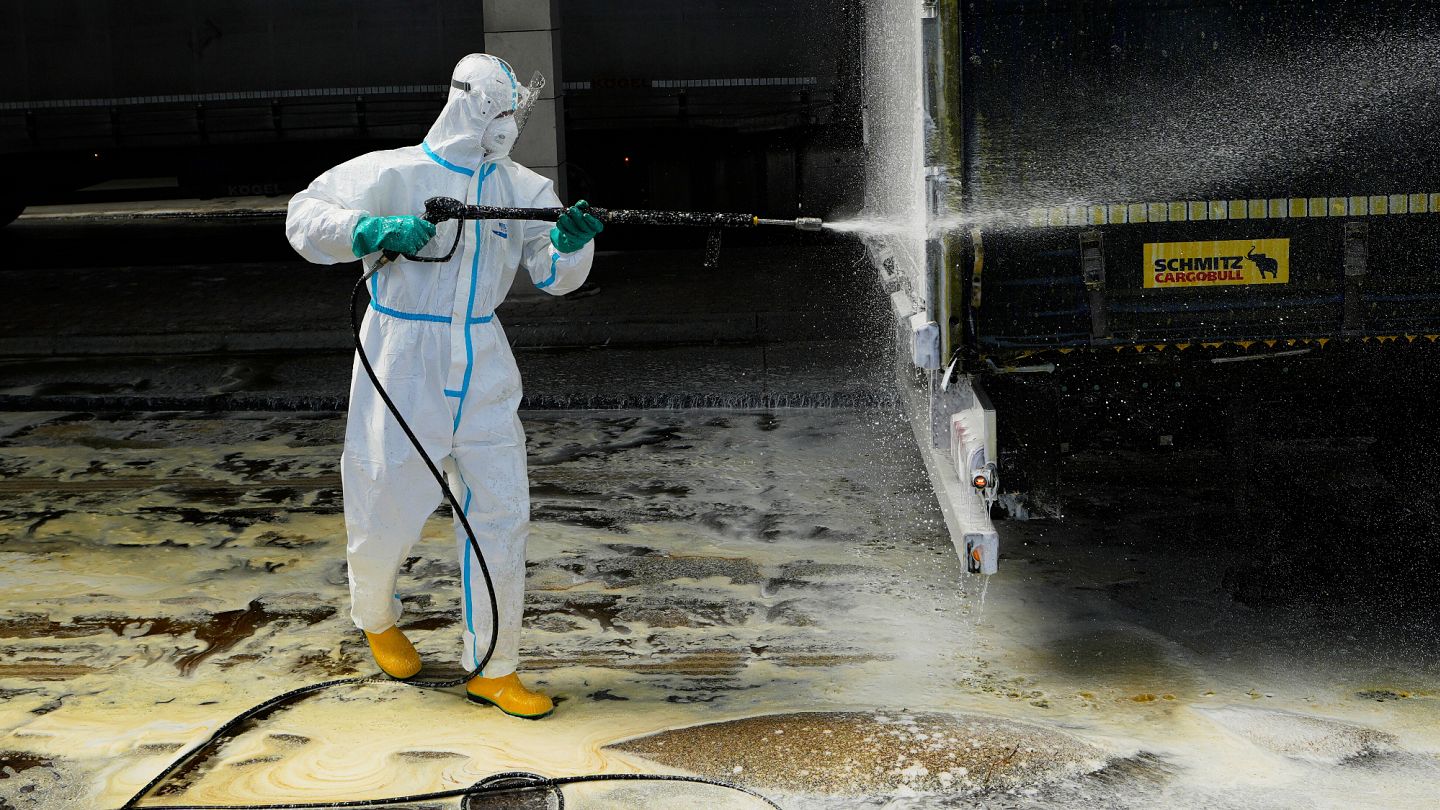Foot-and-mouth disease outbreak: The Czech Republic continues border controls.
Foot-and-mouth disease, an infectious viral infection of livestock, primarily affects cattle but can also infect pigs, sheep, and goats.
Due to concerns about the spread of foot-and-mouth disease across the country, truck checks at the Czech-Slovak border continued into the third week. Czech Agriculture Minister Marek Výborný stated that restrictions could be lifted 30 days after the last infected farm animals in Slovakia are culled. Jiri Cerny, an associate professor at the Czech University of Life Sciences in Prague, said, "The most significant risk is transmission through contaminated human objects." "This means the disease can spread through tires, cars, shoe soles, and contaminated food." Slovakia declared a state of emergency at the end of March to eradicate foot-and-mouth disease after three cases were detected on separate farms. On Monday, the Slovak government announced it had reintroduced temporary border controls with Hungary and Austria in response to the escalating outbreak. According to Interior Minister Matúš Šutaj Eštok, the measures that came into effect on Tuesday will remain in place until May 8. Eštok stated, "Although the presence of foot-and-mouth disease in Austria has not been confirmed, this measure is necessary due to the proximity of the outbreak areas." Foot-and-mouth disease, a highly contagious viral disease observed in livestock, primarily affects cattle but can also infect pigs, sheep, and goats. The virus can be found in saliva, urine, feces, and milk. It spreads through contact with infected animals, via the air, and through surfaces of humans, tools, or vehicles. However, the risk of transmission to humans is very low.


